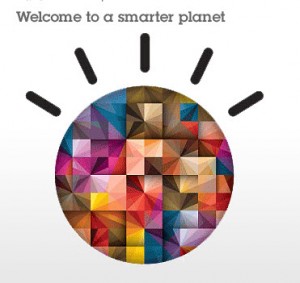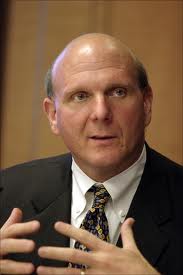Microsoft Brand Diaspora
One of the fun things about having a blog is in predicting things that eventually come true. I predicted Google’s trivestiture a couple of years ago and that hasn’t happened. Yet. You can’t win them all. But my posts about Microsoft’s brand diaspora – the unfettered and uncontrolled creep of its brands, highlighted by use of the word “Live,” I’m excited to say, looks to be accurate. Microsoft is retiring the word “Live.” Readers know I’m behind Microsoft making a flash-cut away from the word “Windows,” as in Windows 8, in favor of the word “Tiles,” but that’s not likely to happen soon. That’s because Windows is a repository for all other creeping sub-brands. Windows is okay to keep alive for archiving purposes, but Windows 8 should be named Tiles as should the new mobile OS. Tiles suggests the user paradigm shift much the way Windows did in the 90s.
A new CMO tasked with making things more efficient from a messaging standpoint might walk into Microsoft and on day one fire a bunch of brand names. It would be hard medicine but the creep (verb) has really gotten out of hand. Retiring Live is a good move. Peace!





